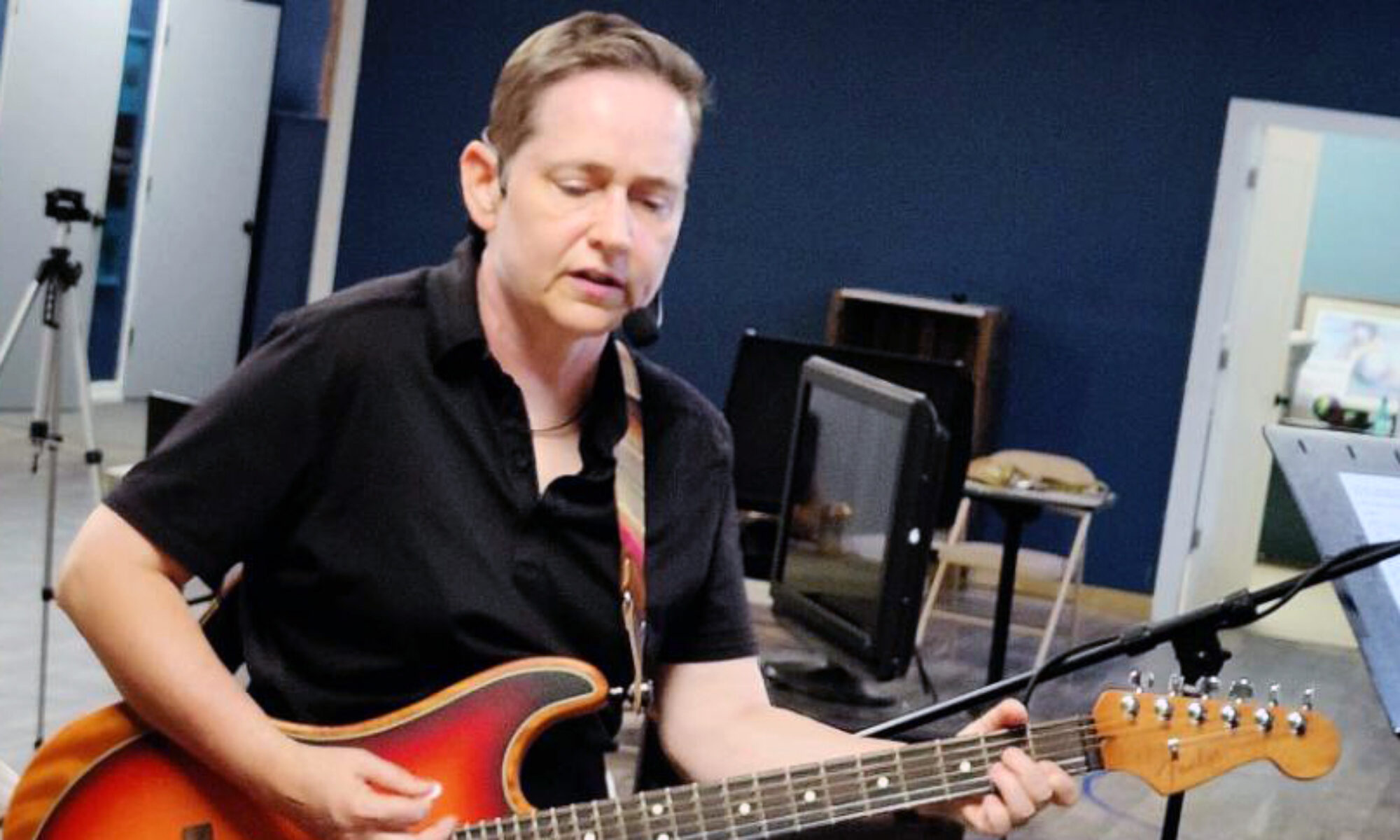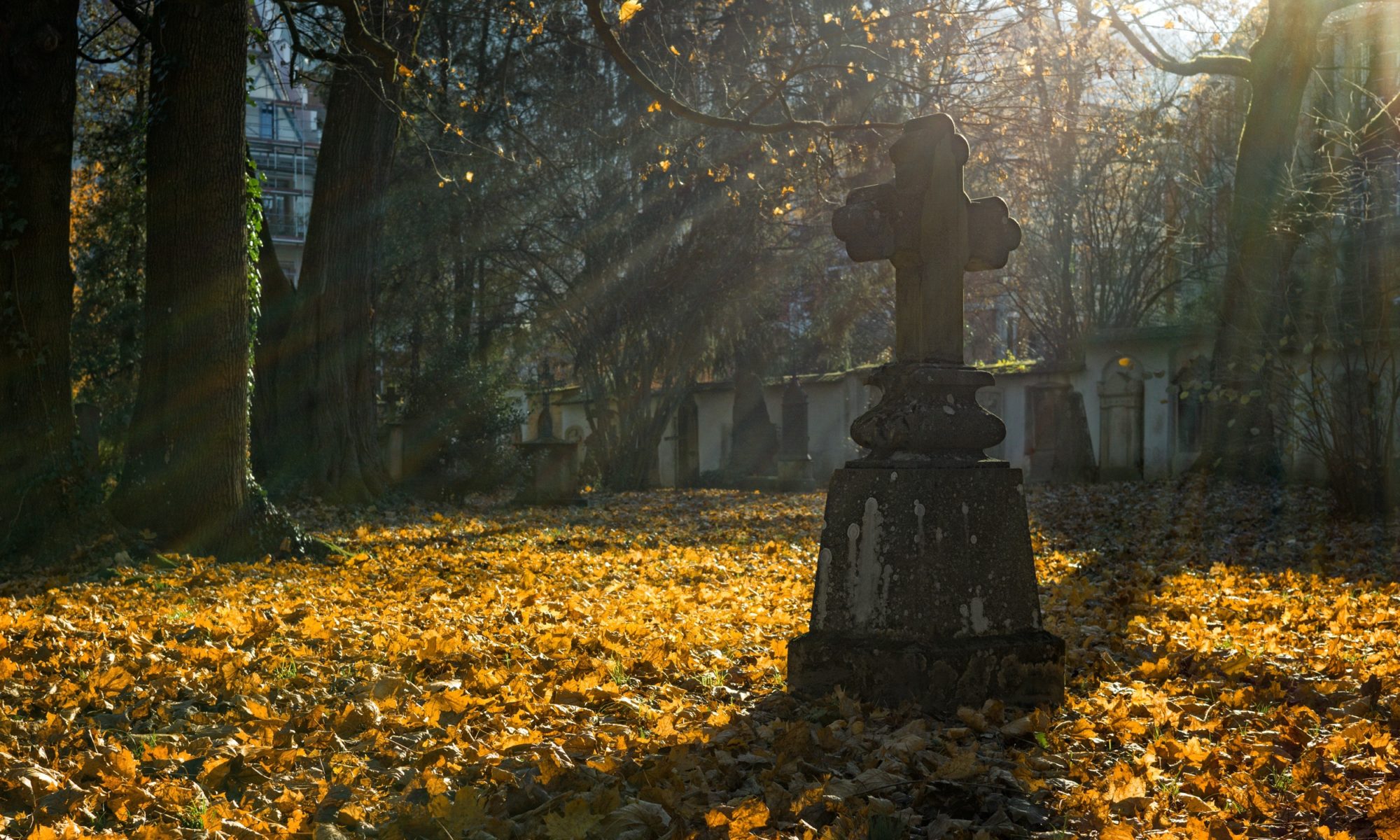Lesson 21: I am determined to see things differently.
In my 20s and 30s, I was a very angry person. My rage at the world and its unfairness began when I was 9-years-old and my Southern Baptist father, who had preached about the sin of adultery and divorce, cheated on my mother and then divorced her.
I could not square the circle in my head. I went searching for answers in the Bible, which my dad had always preached held the key to every problem you faced. What I found there was that my dad was a big, stinkin’ hypocrite who deserved not only God’s wrath, but mine. Thus, began a journey into anger and cynicism that became not just a way of life for me, but my very identity.
If you had read this lesson to me back then, it would have made me very angry. There was no way that I was willing to see things differently, especially when it concerned my father and his actions.
Then, one day, I was listening to an audiobook read by Wayne Dyer and he talked about what an asshole his father was and the hard childhood that he had experienced because of his father’s choices. I listened intently as he explained that what he had come to believe is that we choose our parents before we even get here because we know, as souls destined for this physical world, we have lessons to learn. We choose which lessons to work on and surround ourselves with those who can best teach us what we came here to learn.
For Dyer, it was his dad. He needed his dad to be a colossal jerk so he could learn one thing from him: forgiveness.
I expected the story to enrage me – to spark my sense of anger and injustice at how my father had ruined my life and made me such an awful person. I had the opposite reaction. I cried. I wanted that same peace that Dyer talked about making with his own father. I was tired of being angry and cynical. It had cost me dearly in the form of relationships, jobs and other areas of my life. It was no longer serving me. I was in a very teachable moment.
When Dyer had his revelation about his father, he had no idea where the man was or if he was even still alive. After some research, he found out his father had died and learned where he was buried. Dyer made pilgrimage to the grave and stood among the headstones and forgave his father.
I would mount a similar journey, locating and visiting the grave of my own father – who had died when I was 17-years-old. As I stood in the graveyard in Brunswick, Georgia, a light rain was falling. I approached his headstone and a groundswell of emotion rose within me. I had done tons of work with my therapist, read Dyers books and similar authors who espoused forgiveness, but in this moment, I was angry all over again. I let him have it. I yelled at the gravestone for probably good half hour before I was exhausted.
I probably looked a sight to anyone who might have passed by – yelling at a grave in the rain. But it was cleansing. By the end, I felt a rush of relief. I had gotten it all off my chest. I took a deep breath and said, “Dad, I came here to forgive you, so that’s what I’m going to do. For everything you did or did not do, I forgive you. For blaming you for what I have become, I forgive me.”
At that moment, the rain stopped, the clouds parted and sunshine dramatically broke forth on my little graveyard scene. I broke out laughing. God is, if nothing, a drama queen.
I wasn’t instantly healed of my anger and cynicism. When you make something like that your entire identity, it takes some time to right the ship, but I never would have been able to begin the journey if I had not been willing – just a little willing – to see my dad differently – to try to understand the difficulties he faced and the bad choices he made.
Today’s lesson is a first step in being willing to see things differently – to shed our old notions that hinder us – or may have become the foundation for our entire identity in this world. This lesson is not easy and it takes time and effort because our egos are committed to the judgments and decisions it has made in the past. It has no need of new evidence or the miracle of a new perspective. It loves the status quo.
When I was willing to see my dad differently, I experienced a miracle – a shift in perception about him. I came to realize he was my teacher. It took me more than two decades to learn the lesson, but I finally did, because I had this inkling that there must be a better way to live.
In Chapter 2 of A Course in Miracles, it asserts that, in time, everyone will accept the Atonement – that moment when we all enter total forgiveness and heal the separation – because, it says: “Eventually everyone begins to recognize, however dimly, that there must be a better way. As this recognition becomes more firmly established, it becomes a turning point.”
Dyer offered me my turning point, my chance to accept the Atonement for myself by forgiving my father and, in turn, forgiving myself. My willingness to see things differently brought a miracle of a changed perspective and brought Dietrich Bonhoeffer’s words to life for me: “We must learn to regard people less in the light of what they do or omit to do, and more in the light of what they suffer.”
When I was willing to receive a shift in perspective, I could appreciate more how my father had suffered and how his suffering had spilled onto his family. My salvation was in the willingness to learn the lesson and forgive my father, and find a place of compassion for his suffering.
Hafiz reminds us that the ability to shift our perception is always present in every moment. In his poem “They are Holding a Ball” he likens our confusion to a traffic jam within ourselves where we are forced to let go of our preconceived notions.
“Freed
from maintenance of small spaces and
petty things, something might raise your chin –
an invisible arm, your dimension can shift.
“And the wonders you forgot are still there waiting to play.
“There
is an expanded field where all things are ever new.
All objects there are holding a ball they wish
to toss.
“Just
wanting you to have some lighthearted fun,
catching light.”
You can catch that light at any moment – even standing in a graveyard.
Photo by mali maeder from Pexels

